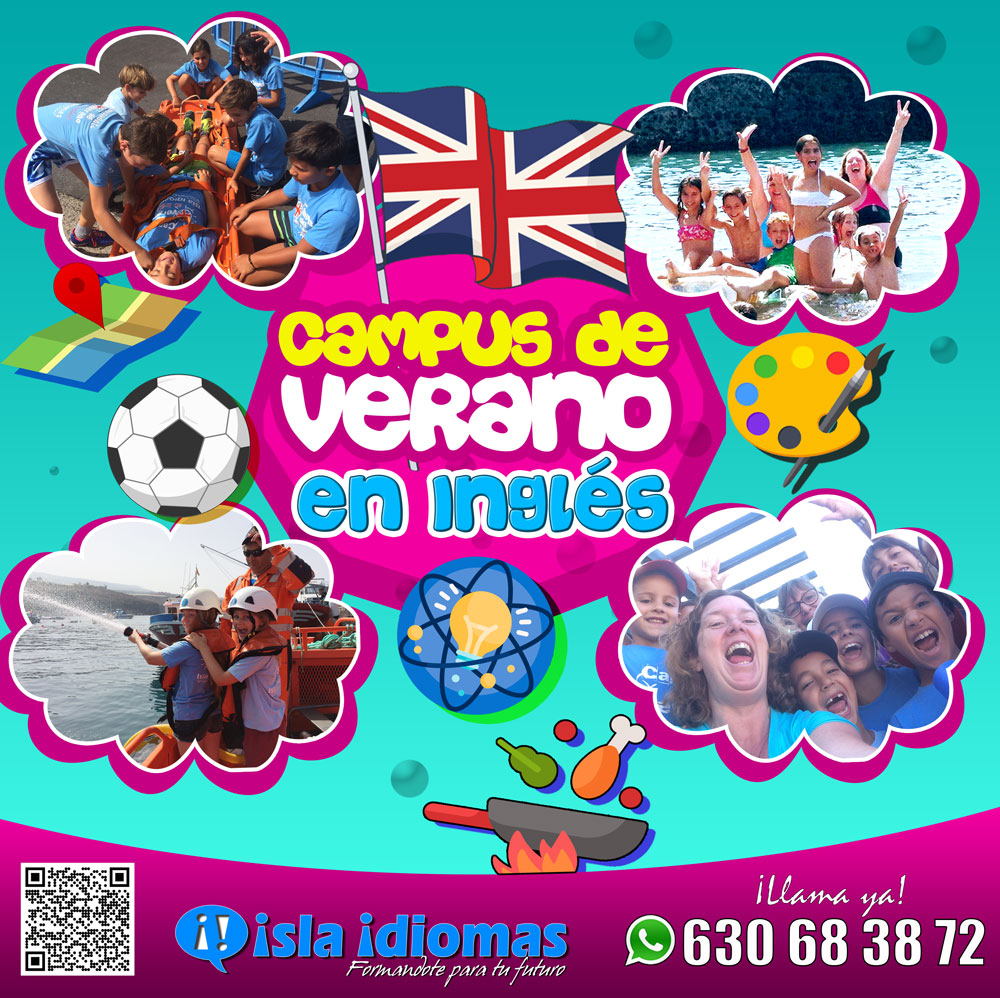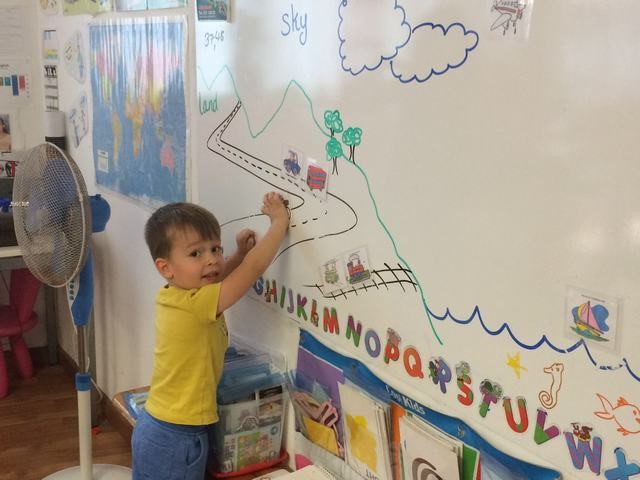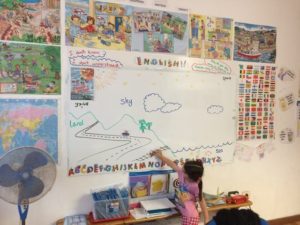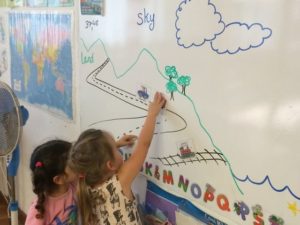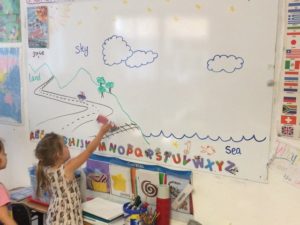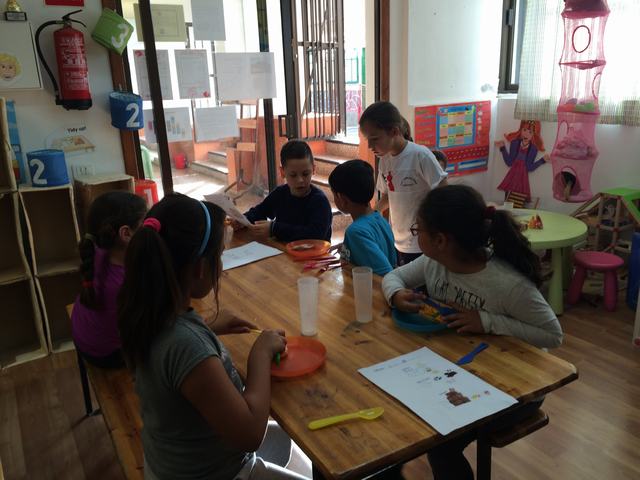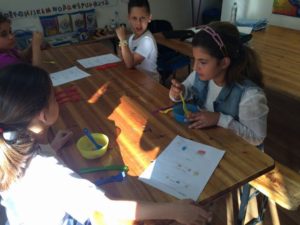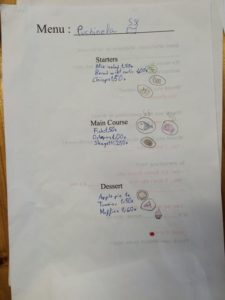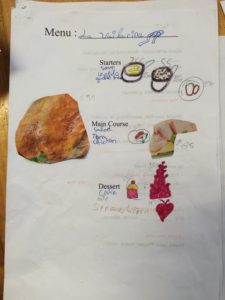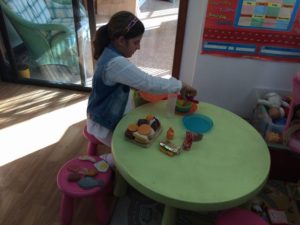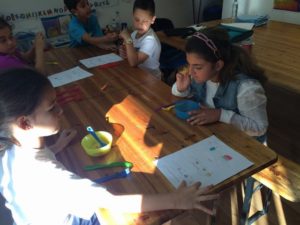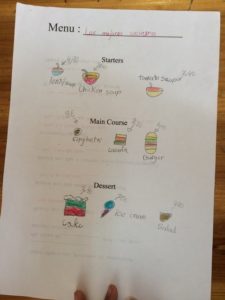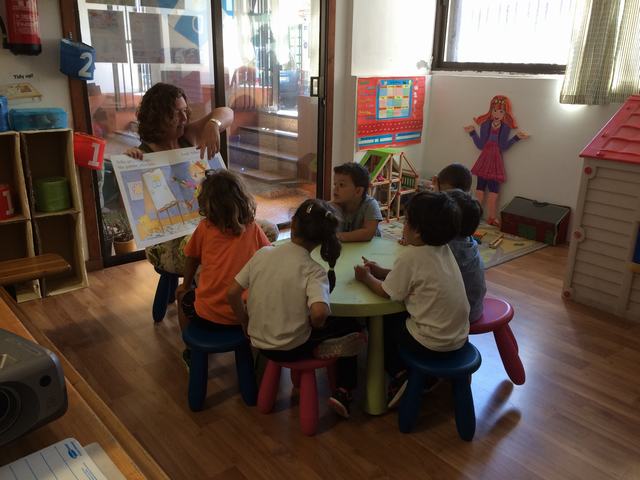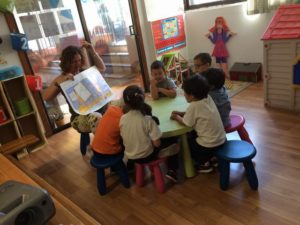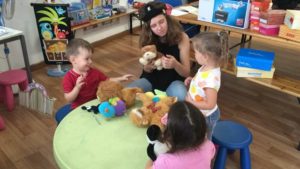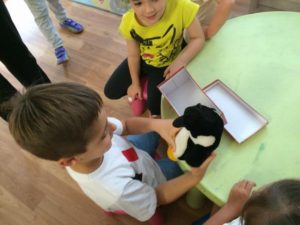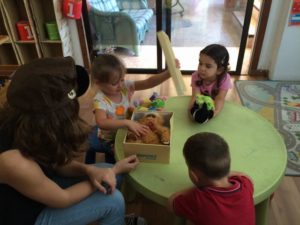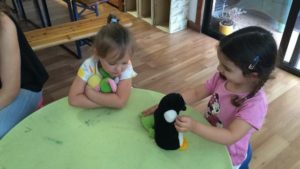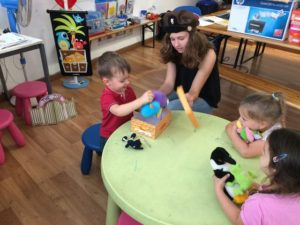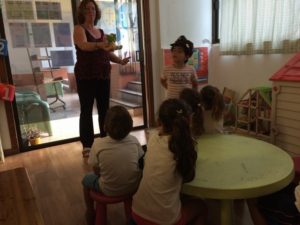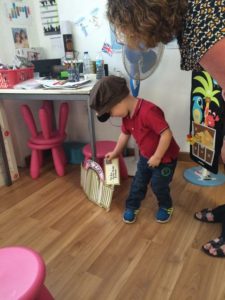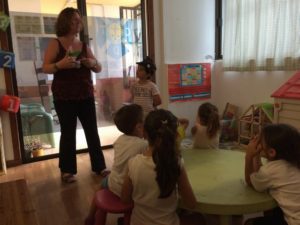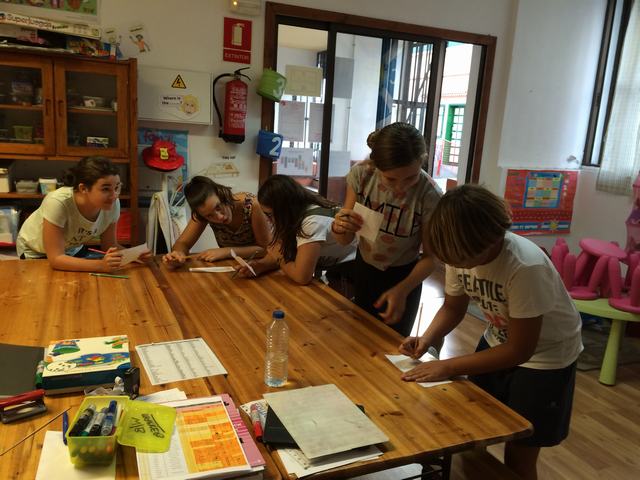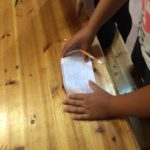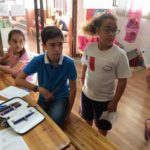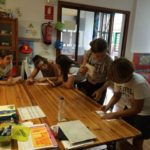Join us for our 12th Summer Camp!… Come and have fun with us this summer, with all our great activities such as science experiments, cooking, crafts, sports and games in the open air, beach activities, excursions, and so much more!
All our activities are planned, prepared and presented by our specialist trained teachers and monitors. Camp is for children aged 4 years to 11 years old.
The Camp will run from 1st July to *23rd August inclusive, from 8am to 2pm from Monday to Friday. You can come from one to 8 weeks. The more weeks you come, the cheaper it is per week. You don’t have to choose consecutive weeks, so you can plan camp around your own holidays.
*Note: the 23rd of August, as the final day of camp, we always organise an excursion to Aqualand, Costa Adeje from 10am to 6pm. For children that come to camp for 4 weeks or more the entrance ticket is included in the price, however for and other reservations that fall on this day there is an additional charge of 12€ without transport, or 15€ with transport. Parents are invited too, and their tickets are at the special group price of 15€ per person if they choose to come with us. These prices are set by Aqualand, not Isla Idiomas, so they are subject to change by 1-2€ maximum if Aqualand increase their prices. We are basing these on our quote for last year.
Prices are:
Places are limited, but can be reserved with as little as 50€ non-refundable deposit, with the total payable 1 week prior to the start date.
The current availability is:
All you have to do is fill in the online matriculation form below and pay the deposit via bank transfer to our account with IBAN: ES98 2100 6736 1201 0008 5234, or pass by the academy and complete it in person from Monday to Friday from 15h to 19:30h.
Online matriculation form: https://forms.gle/YGpw5wUma6aKbZ34A
Downloadable Matriculation Form (PDF): https://islaidiomas.com/campus/campus-linguistico-inscripcion-2023-en.pdf
Programming information (PDF): https://islaidiomas.com/campus/campus-linguistico-programacion-2023-en.pdf

